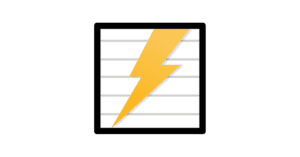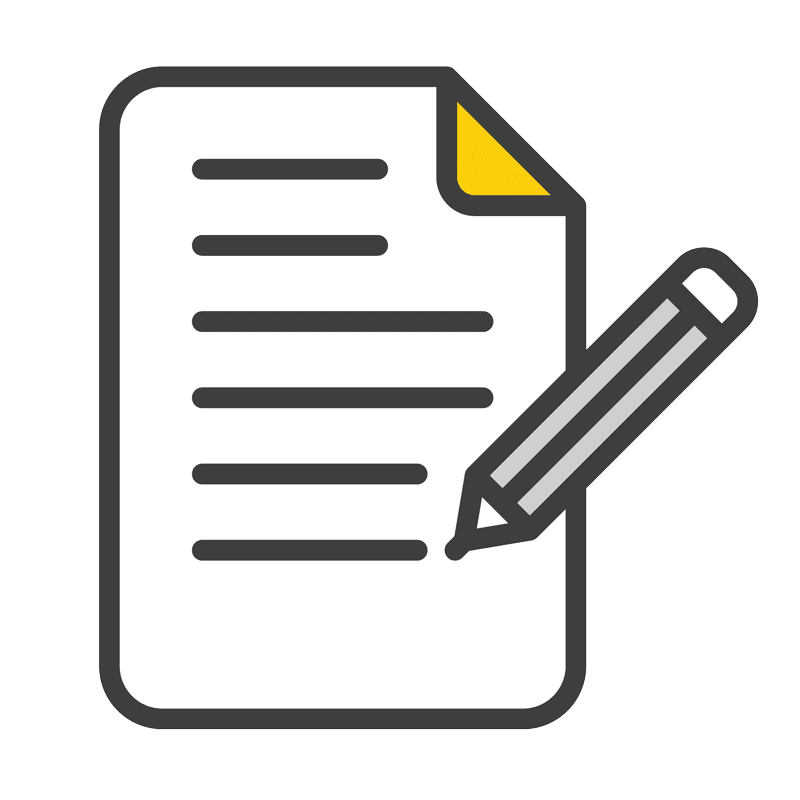When it comes to writing a standout resume, word choice matters. One simple trick can make a big difference: use active verbs. Active verbs bring energy to your resume, making your skills and accomplishments pop off the page.
In this article, we’ll explain why active verbs are important, share powerful examples, and provide a quick test to help you improve your own resume.
Why Active Verbs Matter
Active verbs create a strong, clear message. They show that you took action rather than passively participating. This makes your resume sound confident and direct—qualities that employers love.
For example:
• Weak: Responsible for managing a team.
• Strong: Managed a team.
The second version is shorter, sharper, and more impressive. It’s not just about cutting words; it’s about making each word count.
The Difference: Active vs. Passive Verbs
Here’s how to spot the difference:
• Active verbs show you doing the action.
• Passive verbs focus on the result or who received the action.
Example:
• Passive: The project was completed by me.
• Active: Completed the project.
Notice how the active version is clear and direct.
20 Powerful Active Verbs to Use on Your Resume
Instead of using dull, overused words like “helped” or “worked,” try these strong verbs:
1. Achieved
2. Analyzed
3. Built
4. Created
5. Designed
6. Developed
7. Directed
8. Enhanced
9. Executed
10. Expanded
11. Improved
12. Increased
13. Led
14. Managed
15. Optimized
16. Organized
17. Produced
18. Reduced
19. Streamlined
20. Supervised
These verbs show action and results.
Examples: Before and After
Let’s see how active verbs can transform resume bullet points:
• Before: Was responsible for social media campaigns.
• After: Managed social media campaigns.
• Before: Worked on improving customer service.
• After: Enhanced customer service.
• Before: Helped with event planning.
• After: Organized and executed events.
Notice how the revised versions are more dynamic. They show ownership and impact.
Quick Test: Improve These Resume Lines
Try it yourself! Rewrite the following sentences using active verbs.
1. Was in charge of training new employees.
2. Worked on marketing strategies.
3. Assisted with budget management.
4. Responsible for updating the company website.
5. Helped increase sales.
Challenge: Rewrite each sentence to sound stronger and more active.
Final Tips
• Start each bullet point with an active verb.
• Be specific about your role and results.
• Avoid weak words like “helped,” “worked,” or “participated.”
Using active verbs will make your resume more engaging, professional, and impactful.
Ready to improve your resume? Edit your bullet points today—and watch the difference it makes!






